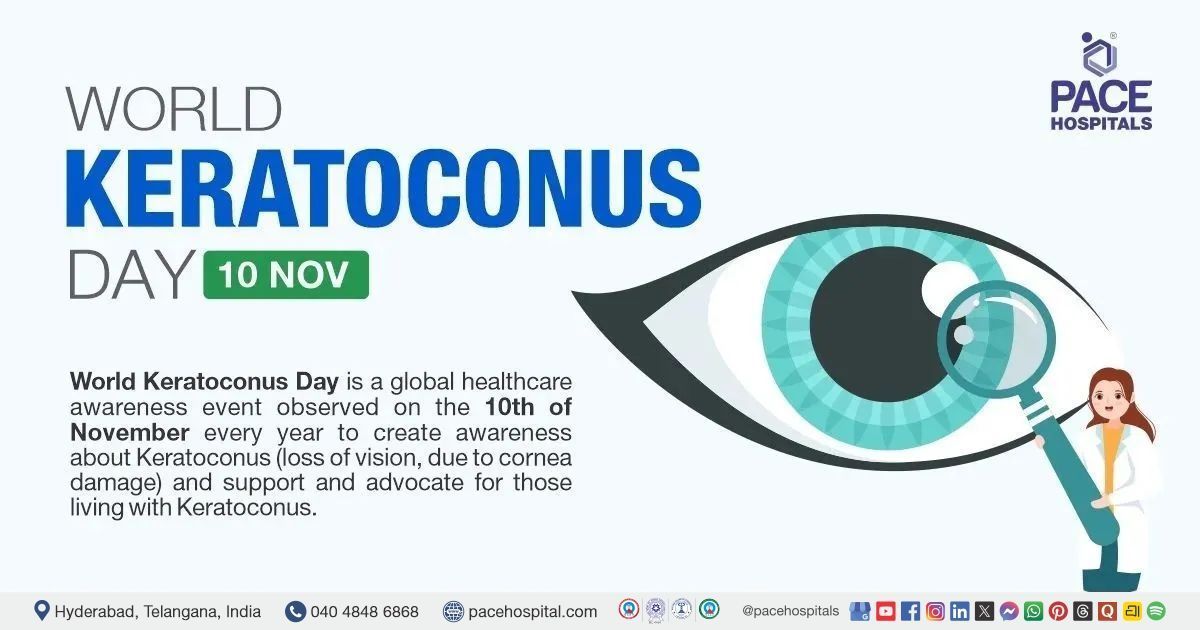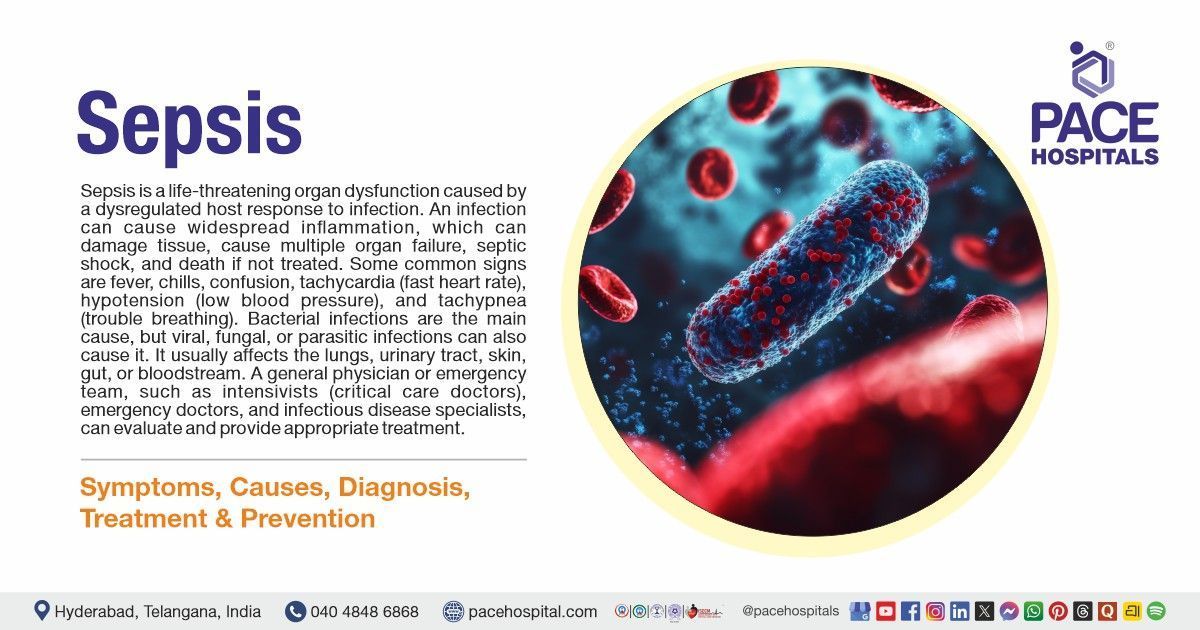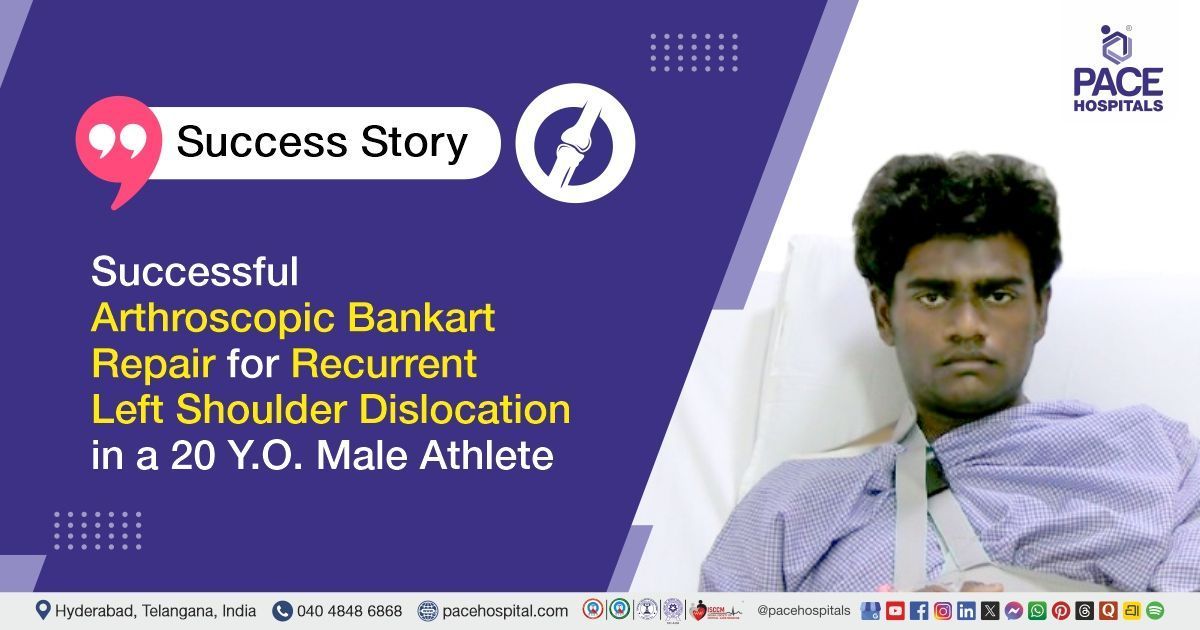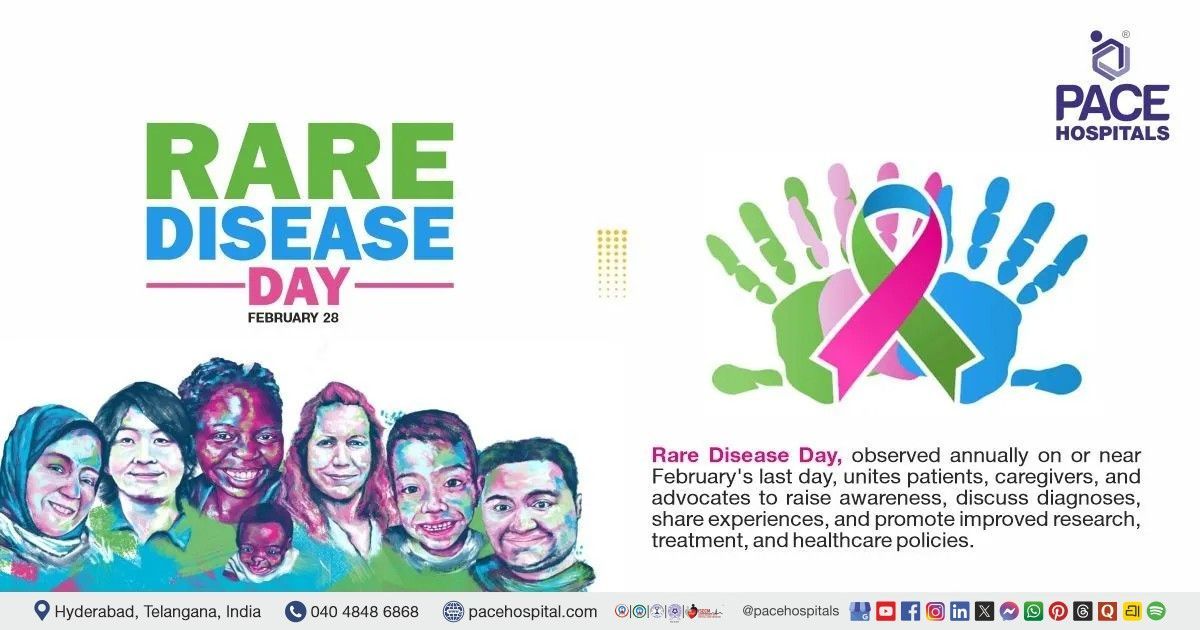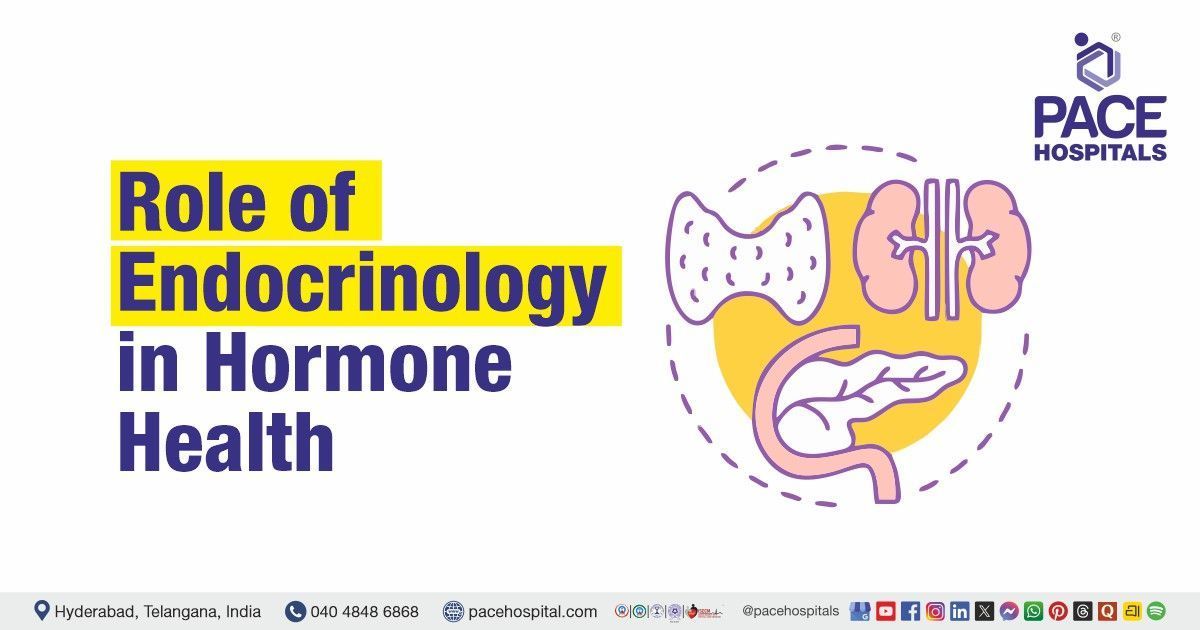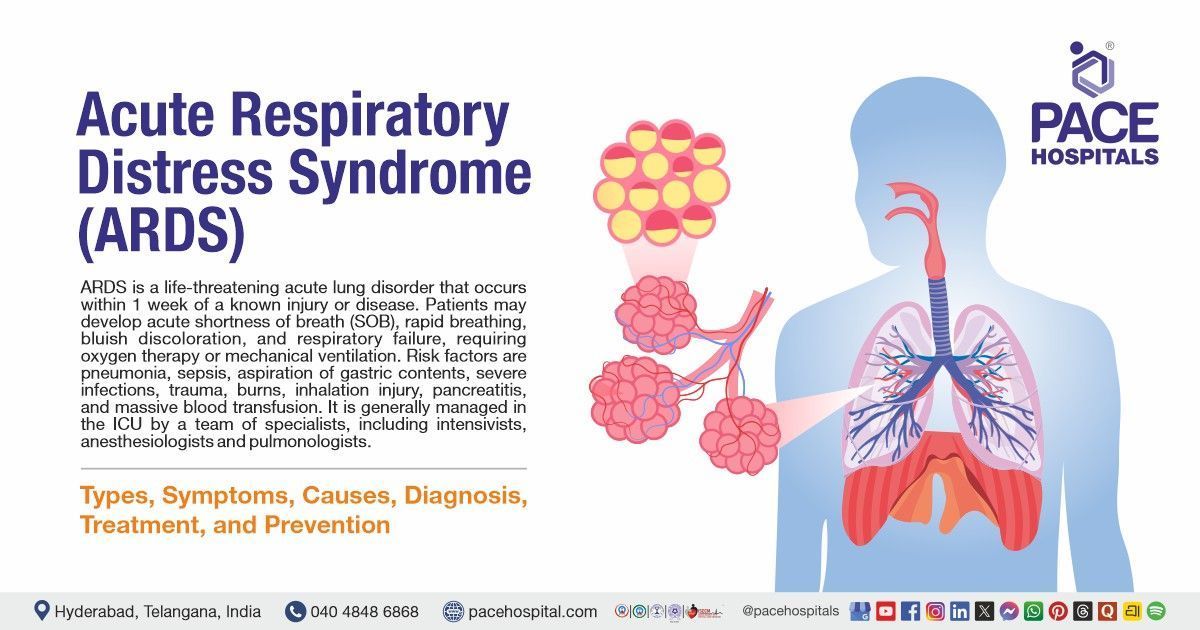World Keratoconus Day 10 November 2025 - Importance & History
PACE Hospitals
World Keratoconus Day, observed on November 10th annually, aims to raise awareness about keratoconus, a condition where the cornea becomes thin and cone-shaped, distorting vision. The day highlights the challenges faced by those living with the condition, promotes early detection, and supports advancements in treatments like corneal crosslinking and specialized contact lenses. By educating the public, World Keratoconus Day encourages greater understanding and provides hope for better care and outcomes for individuals with keratoconus.
On this day, several organizations, companies, and healthcare professionals come together and conduct screening programs, educational seminars and webinars to create awareness about its impact on people suffering from Keratoconus.
Importance of World Keratoconus Day
World Keratoconus Day helps raise awareness about a condition that is often underrecognized or misunderstood. Many people with keratoconus are unaware of the condition until it significantly affects their vision. By drawing attention to the disorder, the day encourages earlier detection, which is crucial for managing the condition effectively and preventing further vision loss.
Early diagnosis is key in slowing the progression of keratoconus, and greater awareness among the public and healthcare professionals can lead to more timely interventions. As a result, individuals can receive the appropriate treatments, such as corneal crosslinking or specialized contact lenses, which can greatly improve their quality of life.
The day also serves to foster a sense of community for those living with keratoconus, who may otherwise feel isolated due to the rarity of the condition. By sharing stories and resources, it offers emotional support and connects individuals facing similar challenges. Additionally, World Keratoconus Day highlights ongoing research and treatment advancements, providing hope for those affected and encouraging further innovation in care.
Ultimately, the observance of World Keratoconus Day plays a crucial role in both educating the public and advancing the understanding of keratoconus, while advocating for continued research and better treatments for those impacted by the condition.
As of 2025, keratoconus remains a significant cause of visual impairment, affecting individuals worldwide. The global prevalence is estimated to range from 1 in 500 to 1 in 2000 people, although it can be higher in certain populations. Studies suggest that about 1 in 1,000 individuals globally may be affected by keratoconus, with variations depending on geographic and genetic factors.
In India, the prevalence is notably higher than the global average. Estimates suggest that approximately 1 in 500 to 1 in 1,000 individuals are affected by the condition, with some regional studies pointing to even higher figures, particularly in urban areas where better awareness and more frequent eye screenings occur. Keratoconus is more common among South Asian populations, which is thought to be due to a combination of genetic and environmental factors, such as eye rubbing, which is a known risk factor for the condition's progression.
Both globally and in India, early detection remains a challenge due to the gradual onset of symptoms. Keratoconus typically starts in adolescence or early adulthood, often going unnoticed until the vision becomes significantly distorted. Increased awareness and improved diagnostic tools, such as corneal topography and tomography, are helping to diagnose keratoconus at earlier stages, offering a better chance of managing the condition with treatments like corneal crosslinking, specialty contact lenses, and, in advanced cases, corneal transplants.
Although environmental variables probably influence the prognosis of the disease, Keratoconus (KC) is believed to be inherited. Nearly 6% to 8% of reported cases have a positive family history or show symptoms of familial transmission.
History of World Keratoconus Day
Burchard Mauchart (a German oculist) first described a case of keratoconus disease in 1748, referring to it as 'staphyloma diaphanum' in his thesis. World KC Day, also known as National Keratoconus Day, was founded in 2016 by the National Keratoconus Foundation (NKCF), an educational program offered by the Gavin Herbert Eye Institute at UC Irvine.
The day aims to educate the public, healthcare professionals, and policymakers about the condition, its symptoms, and treatment options. It also provides a platform for patients and advocacy groups to share experiences and support each other. Since its inception, World Keratoconus Day has grown into a global movement, promoting early detection and improving the quality of life for those living with keratoconus.
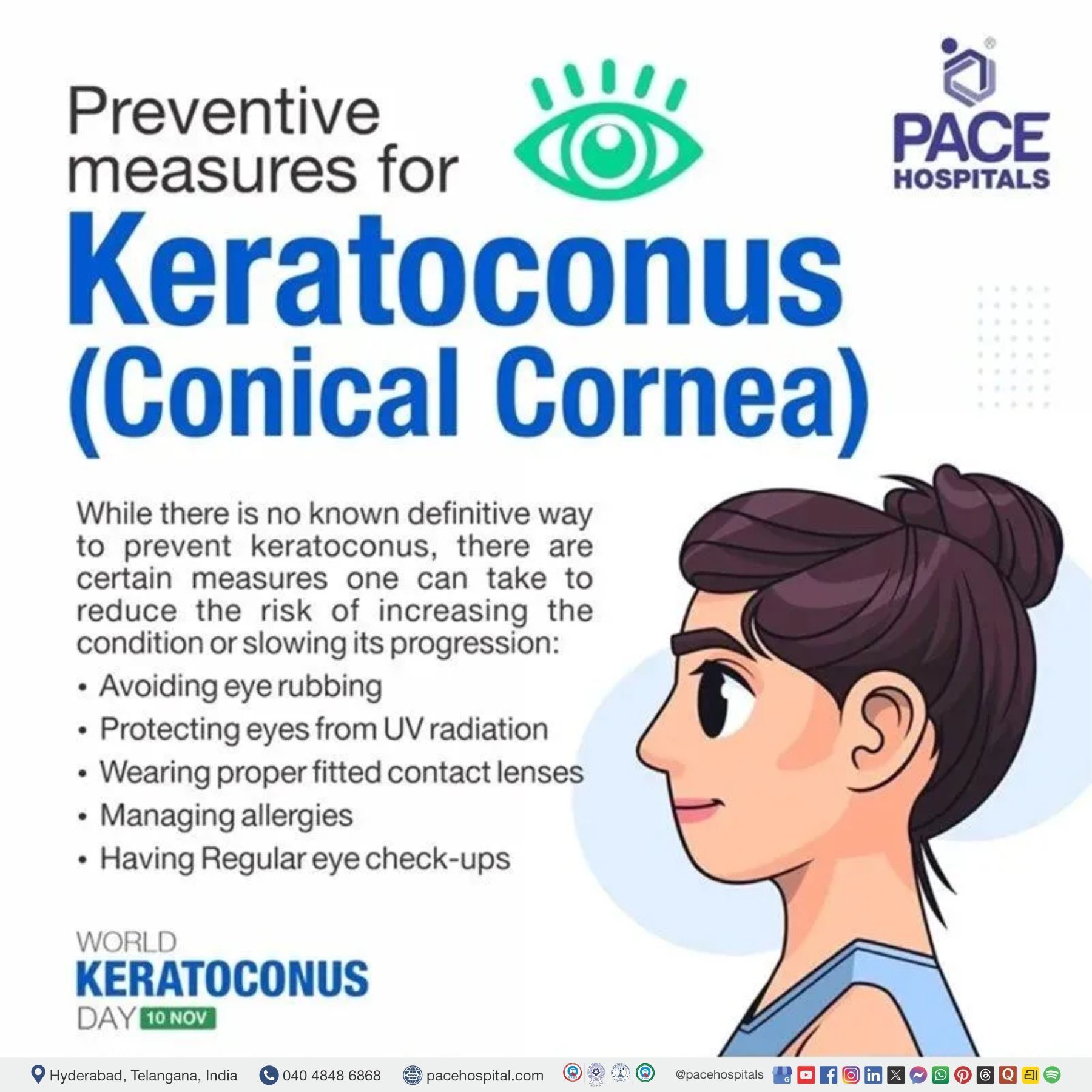
Preventive measures for Keratoconus (conical cornea)
While keratoconus cannot be fully prevented due to its largely genetic nature, certain preventive measures can help manage the condition and potentially reduce its progression. Here are some key steps that may be beneficial:
- Avoiding eye rubbing
- Protecting eyes from UV radiation
- Wearing proper fitted contact lenses
- Managing allergies
- Having Regular eye check-ups
Share on
Request an appointment
Fill in the appointment form or call us instantly to book a confirmed appointment with our super specialist at 04048486868

